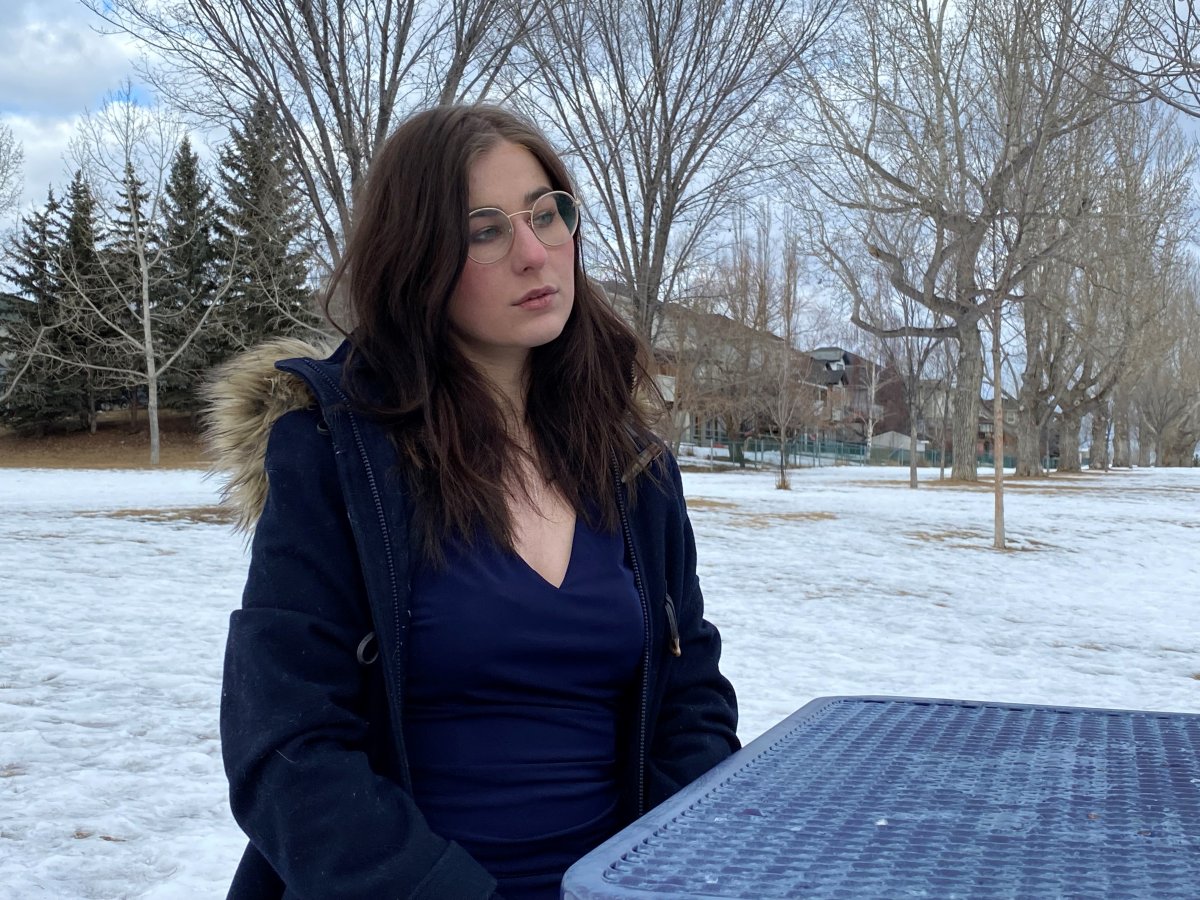Alberta’s top court will hear an urgent appeal Thursday, led by advocates racing to stop a provincial policy change that they believe will have deadly consequences.

The policy will require people who are using substances to show their personal health-care number to access supervised consumption services.
It’s a change that could bring harm to people who use the facilities, according to a Calgary woman who is dealing with an opioid addiction.
Ophelia Cara said the ability to access a supervised consumption service with ease was what led her to finally find stability in her life while using drugs.
Introduction to opioids
Cara went to the hospital after a sexual assault in 2020, where she was given an IV to help with the pain.
“That is the first time in my life that I ever had opioids,” she said.
During the pandemic, Cara said her mental health deteriorated after a string of life-altering events. She began to start injecting substances such as heroin.
She said her path with drug-use was unsustainable, but she was not able to quit opioids entirely, despite various attempts at treatment.
Cara said she is now on track to enter a PhD program specializing in narcotic chemistry and psychoactive pharmacology.
In between her studies, she works as a harm reduction advocate. She does this while using opioids prescribed and monitored by her doctor.
“Fundamentally, I live a normal and happy life now,” she said.
“This prescription provides me the foundation to do that. If I lost it, it would be absolutely catastrophic.”
She hasn’t had an overdose in a year. She said the staff at a nearby supervised consumption service played a key role in helping her get to this point of stability.
“The reason I felt comfortable going to a doctor and advocating for myself [to get an opioid prescription] was because the site started to repair my mistrust [in the health-care system.]”
She noted that the ability to get a prescription is not something that everyone has access to. She said that further underscores the importance of low-barrier access to these sites, so people can get the help they need in the moment they need it.
“Some people who use drugs don’t even have a health-care number to provide,” Cara said. “People who use drugs have a lot of mistrust for the medical care system.
“If we institute more barriers into accessing this care, that is going to prevent people from accessing services they really need.”
Court appeal Thursday
Moms Stop the Harm and the Lethbridge Overdose Prevention Society, which are the two non-profit societies challenging the Alberta government, argue this policy change could increase barriers to drug-use sites and increase the risk of overdose.
Earlier this month, an Alberta judge dismissed an injunction that would have delayed the implementation of the new rules.
“As this matter is once again before the courts, I will not be commenting on any specifics however we are confident in our position,” reads a statement to Global News from Associate Minister of Mental Health and Addiction Mike Ellis.
“These quality standards were introduced to ensure that clients are better connected to the health-care system, to improve the quality of services that are being offered to people with addiction and to ensure community safety in the areas surrounding supervised consumption sites.”
Almost 1,400 people died from substance-related overdoses between January and October 2021.
If you or someone you know is using substances, do not use alone. If you are using alone, you can contact the National Overdose Response Service at 1-888-688-NORS for support, or download the Digital Overdose Response System (DORS) or BRAVE app.
— with files from The Canadian Press



Comments